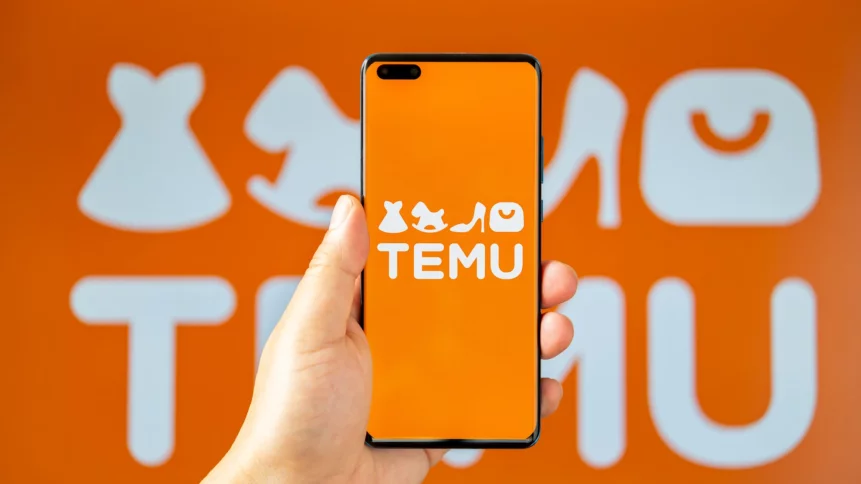Temu’s impact on Thailand’s e-commerce market remains uncertain

Chinese e-commerce giant Temu‘s potential to impact the e-commerce market in Thailand and the region remains uncertain, according to market analytics firm Cube Asia. Sellers may need to brace for another price war if Temu sustains strong incentives and a low-price strategy, similar to the shifts seen with Shopee, Lazada, and TikTok Shop focusing on profitability.
Simon Torring, co-founder of Cube Asia, notes that Temu, the cross-border platform of China’s PDD Holdings, entered Thailand in mid-July following its 2022 launches in the Philippines and Malaysia. The platform has made significant strides in Western markets, notably in the US, where it surpassed Amazon to become the most downloaded app. Within 24 months, Temu expanded to 70 global markets.
Temu offers low prices by directly connecting manufacturers and wholesalers, predominantly in China, to global customers. This contrasts with platforms like Shopee and Lazada, which feature products from official brand stores or authorised resellers.
Cube Asia’s research highlights that Temu’s product assortment is largely unbranded, with a blue checkmark verification for authorised sellers or direct brand shipments. However, a study of 1,000 products showed only 12% of items on Temu fit this category. Branded products are mainly electronics and gadgets, not fast-moving consumer goods or fashion items.
Initial price competitiveness studies by Cube Asia found that three out of five products on Temu were priced higher than on Shopee, Lazada, or TikTok Shop. High discount rates on Temu often stem from higher list prices, making discounts seem more attractive. Temu also offers subsidies like first-order incentives, vouchers, and free shipping but faces stiff pricing competition from other platforms.
Cube Asia conducted an image search to compare identical products across platforms, choosing the cheapest listings with at least one unit sold. Temu was the cheapest option for only two out of five reference products when compared with Shopee, Lazada, and TikTok Shop. Some rival platforms also ship directly from China, indicating that Temu’s cost advantage may not be structural.
E-commerce market
Torring revealed that Temu’s success is largely attributed to its cross-border model, which is not unique in Southeast Asia.
Platforms such as AliExpress, Amazon, and Shein, alongside regional players like Shopee and Lazada, also offer cross-border shipments from overseas, with many goods originating from China.
Although Temu emphasises economies of scale, this approach may not be distinctive enough to disrupt the market since similar products are already available on existing platforms. Consequently, shifting customer loyalty could be challenging, reported Bangkok Post.
Southeast Asian consumers are familiar with low-priced Chinese goods. To attract them, Temu is intensifying competition by offering additional discount coupons and special deals, said Torring.
“This strategy is making significant waves in the short term, not only among consumers but also among industry stakeholders.”
As the market evolves, the long-term impact of Temu on the regional e-commerce landscape remains to be seen. However, the heightened competition is already evident, adding another layer of complexity for sellers and consumers alike.
Latest Thailand News
Follow The Thaiger on Google News:


























